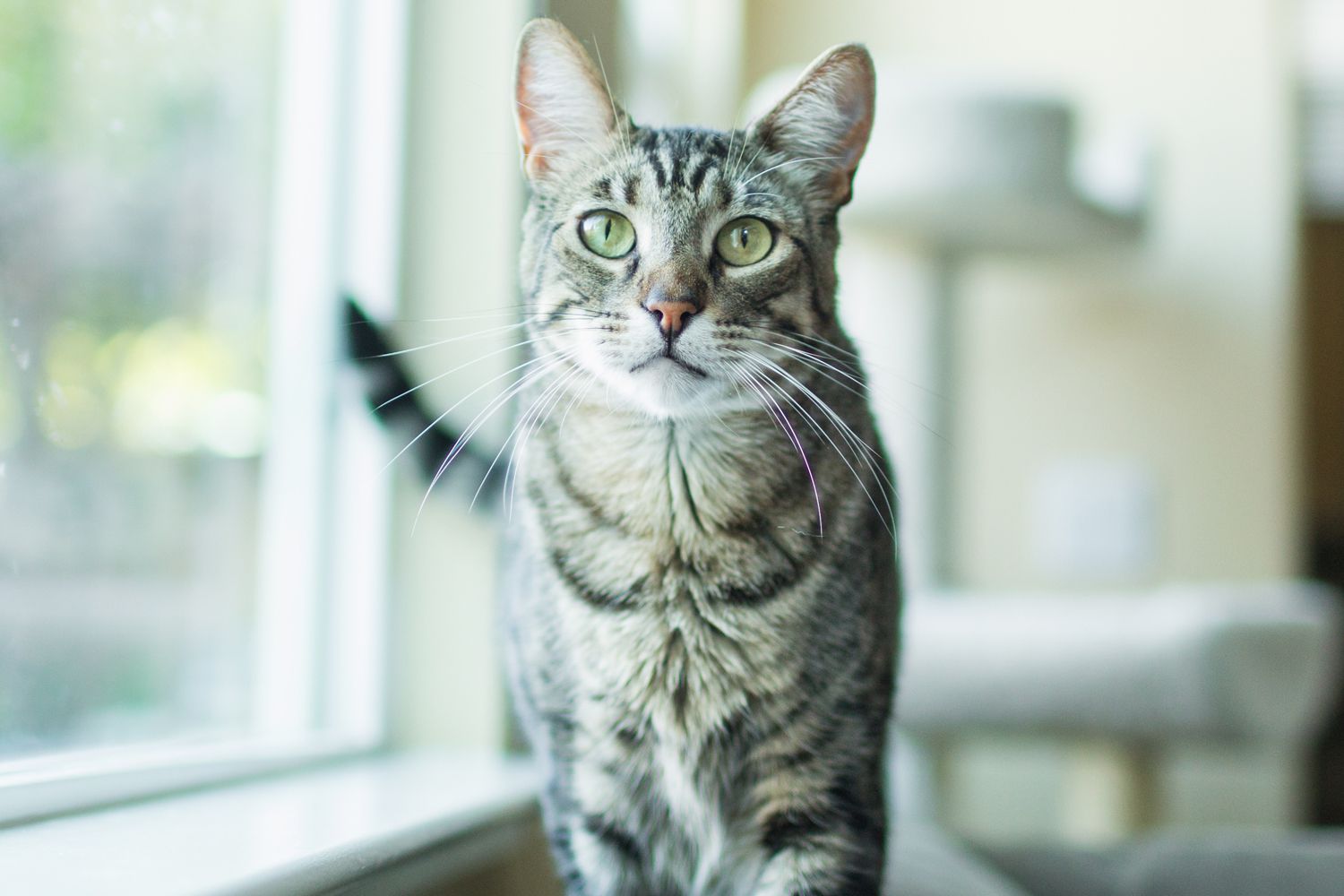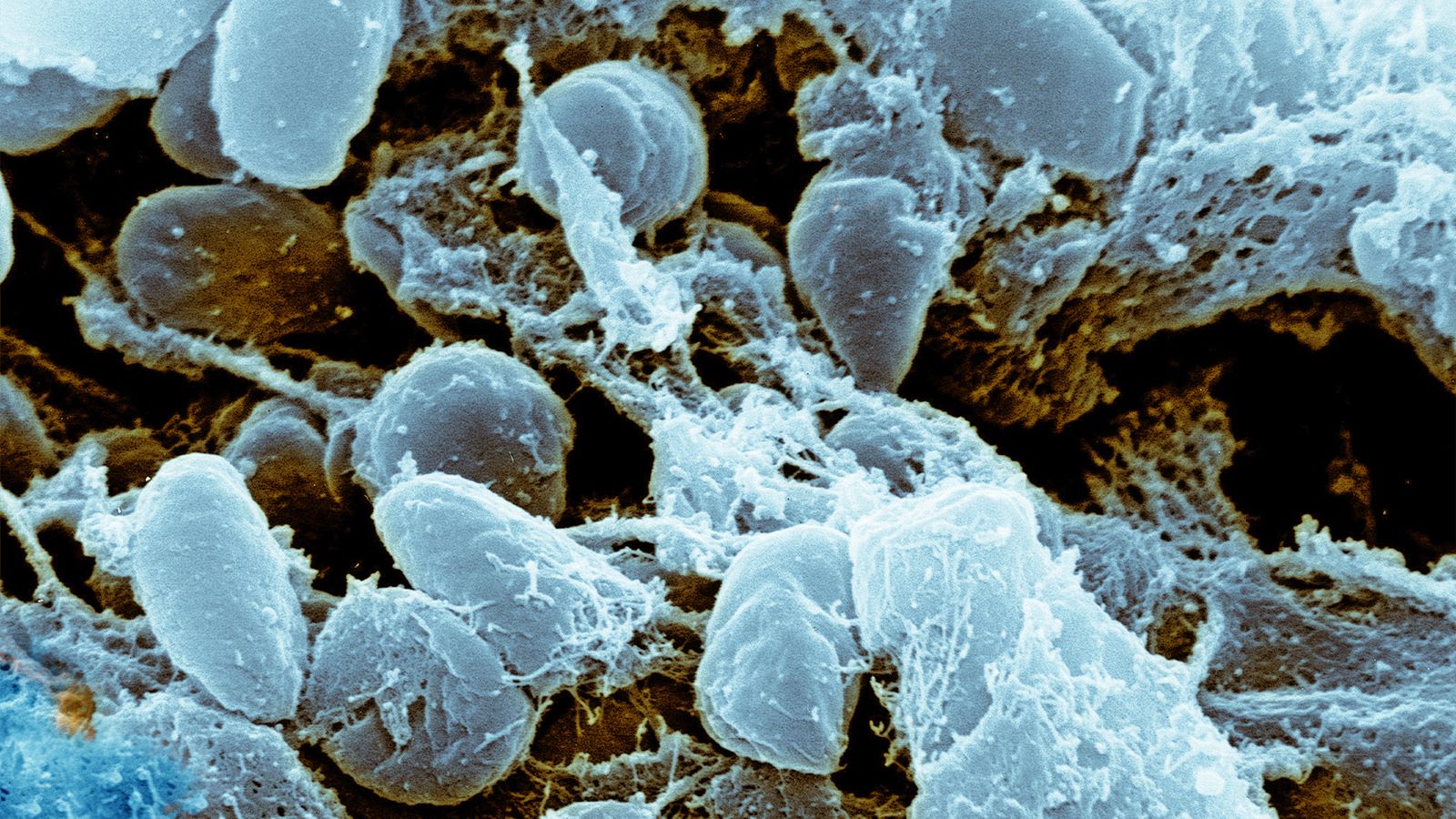Health officials in Central Oregon have confirmed a case of human bubonic plague and indicated that the individual likely contracted the disease from a domestic house cat.
According to Deschutes County Health Services officials, the infected person, whose identity remains undisclosed, resides in Deschutes County, marking Oregon’s first human case in slightly over eight years, as announced in a press release.
Deschutes County, situated nearly 200 miles southeast of Portland, Oregon’s largest city, is where the incident occurred.
“All close contacts of the resident and their pet have been contacted and provided medication to prevent illness,” stated Dr. Richard Fawcett, the Health Services Officer, in the announcement released Wednesday.
The disease spreads through the air and contaminated food, and officials believe the individual contracted the disease from a pet cat displaying symptoms.
The case was identified early, and the affected person received prompt medical treatment during the initial stages of the disease, posing minimal risk to the community, officials confirmed.

As of last week, no additional cases of plague have been reported, according to the department.
Health officials cautioned that symptoms of plague typically manifest in humans “two to eight days after exposure to an infected animal or flea.”
Symptoms include sudden fever, nausea, weakness, chills, muscle aches, and visibly swollen lymph nodes.
If not diagnosed early, bubonic plague can progress to bloodstream and lung infections, which are challenging to treat and sometimes fatal.
The last confirmed case of plague in Oregon was reported in 2015, health officials noted.
To prevent the spread of plague, health experts advise the following precautions:
- Avoid contact with rodents and fleas.
- Keep pets on a leash and utilize flea control products.
- If possible, discourage pet cats from hunting rodents. Contact a veterinarian if your cat becomes ill after contact with rodents.
- Avoid camping, sleeping, or resting near animal burrows or areas where deceased rodents are observed.
- Refrain from feeding squirrels, chipmunks, or other wild rodents.
